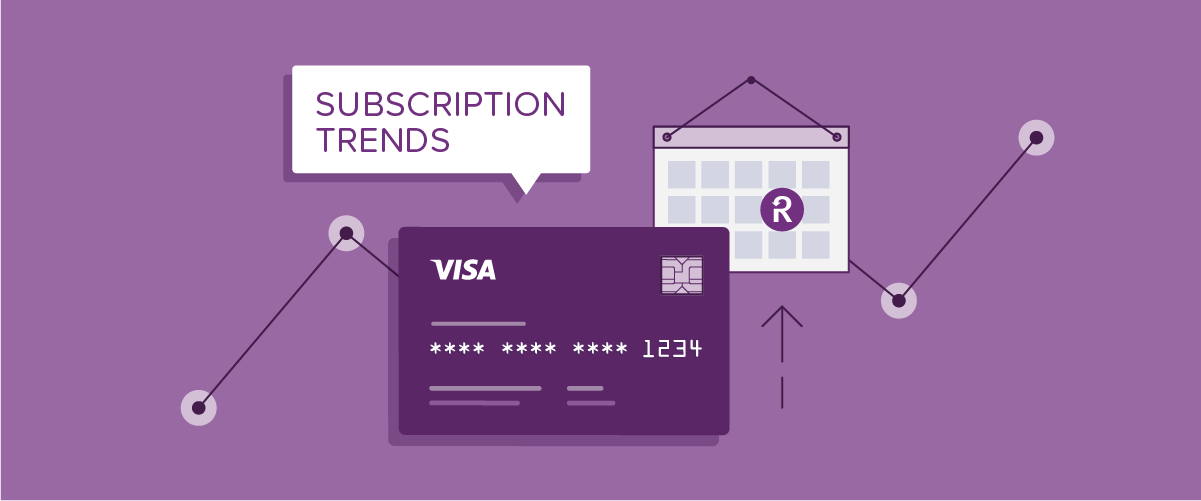Music Industry + Streaming Services = So Happy Together

Here in the Bay Area, we’re celebrating the 50th anniversary of the Summer of Love. Numerous events are taking place, and nearly all involve music. Jefferson Airplane and the Grateful Dead covers are particularly popular.
This music harkens back to a time when the music industry and its partner, FM radio, held significant sway, ruling the airwaves and determining—based on which bands the major labels signed and what songs got regular airplay—what people listened to.
Then, along came the iPod and Napster, followed by the iPhone and streaming services such as Pandora and Spotify. And let’s not forget iTunes! The advent of digital music, the ability to buy single songs for 99 cents, and having a device most of us carry constantly to store or stream our selections, changed the music landscape forever. While many of these changes have been good for consumers and our access to music, they haven’t necessarily been great for the global music industry which, in the past 15 years, lost an astounding 40% of its revenue.
But now, things may be coming full circle. Whereas the major labels and artists at one time saw music streaming services as a threat to their livelihoods, now subscription streaming services are driving growth in the industry, despite the decrease in physical sales.
Fortune magazine reports that, “Massive growth in online streaming of artists such as Drake and David Bowie saw music industry revenues grow in 2016 at their fastest rate since records began…. The global market for recorded music grew by 5.9% in 2016, the quickest pace since industry body IFPI began tracking the market in 1997.” This recovery is being driven by a 60% rise in income from streaming.
In all, digital income accounted for half of the music industry's revenue for the first time ever. The industry saw total revenues of $15.7 billion in 2016—a figure which was aided by the 112 million people who are users of paid music streaming subscriptions. They’ve made Drake the top-selling artist, followed by David Bowie whose untimely death propelled him to second. Prince is ninth on the list.
Despite the improvement, industry executives cautioned against complacency.
One company that is never complacent is Apple, which is taking a different approach. It’s using its original, scripted content to boost its subscription music business. Their new focus on high-quality, original content is not a strategy to take on OTT video giants such as Netflix and Amazon. Instead, the strategy centers on Apple Music’s desire to take a bite out of their biggest music streaming rival, Spotify.
According to Eddy Cue, Apple’s SVP of Internet software and services, original series are “one of the differentiating factors we can add to Apple Music.” He reports that the music service now has more than 20 million users. And soon, many more if Apple—and the subscription model—have their way.


